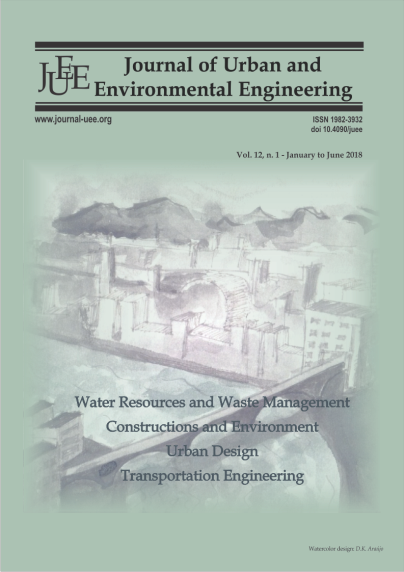DETERMINATION OF DOWNSTREAM FLOOD FLOW CONSIDERING INPUTS FROM DIFFERENT UPSTREAM RIVERS USING ANN
DOI:
https://doi.org/10.4090/juee.2018.v12n1.154-159Keywords:
flood routing, ANN, Muskingum, multiple inflowsAbstract
For estimating and forecasting of flood event, researchers and engineers mostly use the Muskingum flood routing method which is widely used throughout the world. The application of two parameter based Muskingum model is valid only for single inflow flood routing without any lateral inflow into the routing reach. However, normally a river is fed by a number of branch channels or rivulets at various upstream points. So, the single inflow-outflow Muskingum model cannot be applied in such situation. To overcome this problem, artificial Neural Network (ANN) has been applied in a river system considering inflow from various upstream rivers with a common outflow section. A simple static ANN model have been developed using concurrent discharge data. The model is applied in Mississippi River network starting from St. Louis, Montana to downstream section at Thebes, Illinois. In this reach, from St. Louis to Thebes, in the Mississippi river, a total of six lateral inflows confluence to the main river at different locations. Using ANN model, considering water discharge as input from all the upstream sections, water discharge at the most downstream section, Thebes is computed. Statistical performance analysis of the estimated data shows that ANN can be efficiently used for estimation of flood flow considering multiple inflows.Downloads
Download data is not yet available.
Downloads
Published
2018-07-27
Issue
Section
Articles




